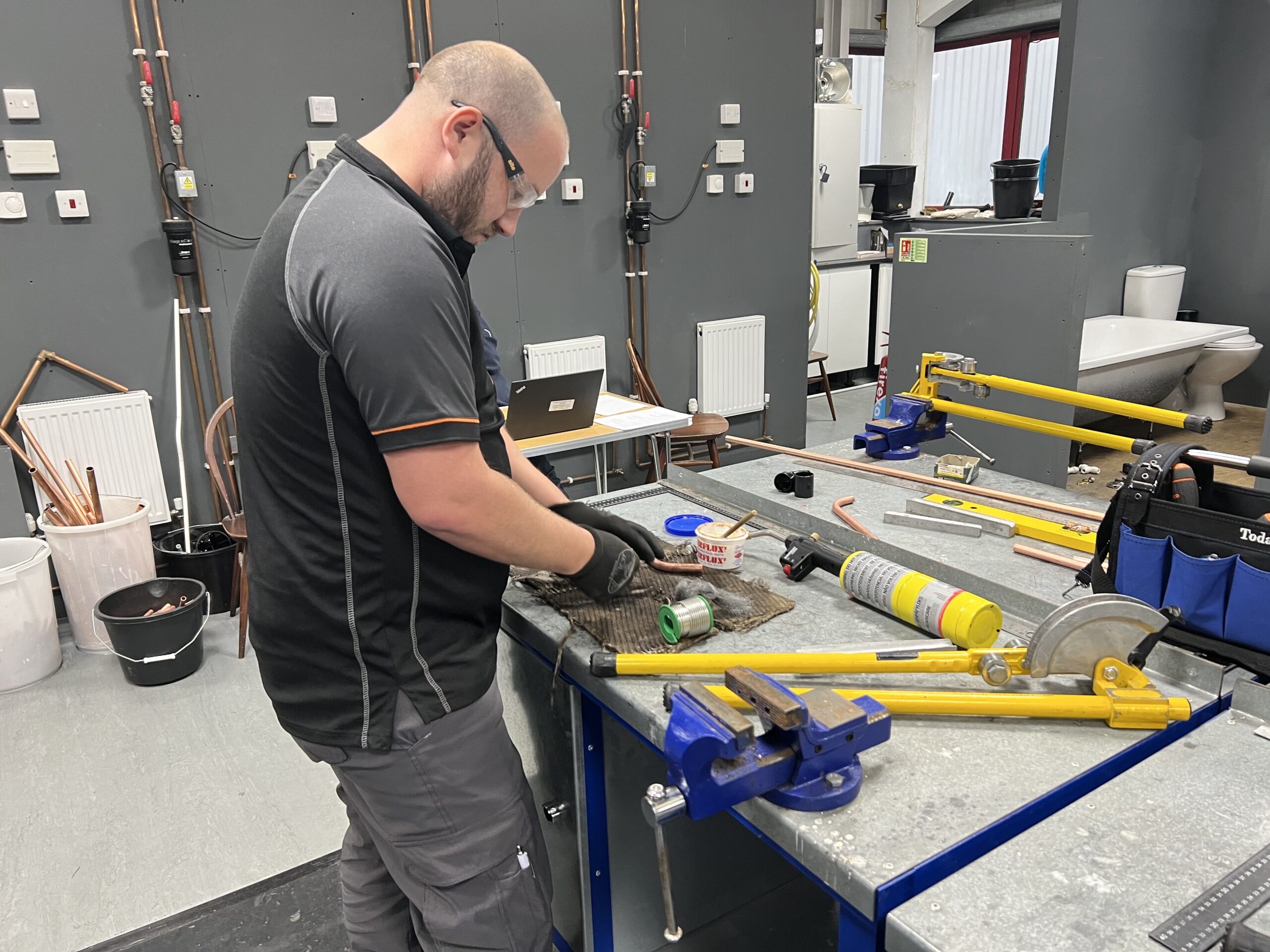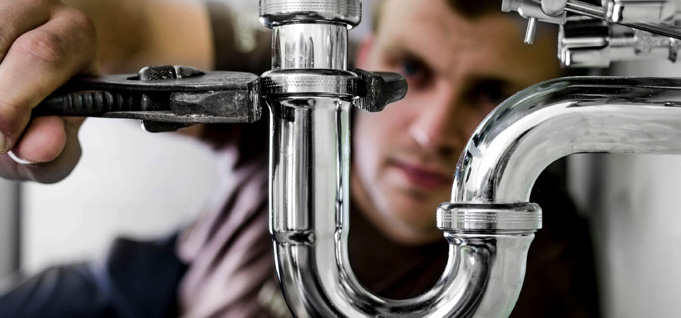Helen Bray, newly appointed President of the Energy and Utilities Alliance (EUA) has said that, considering the dominance of the gas grid in the UK, gas networks should be viewed as being at the forefront of any efforts to realise lower carbon homes.
Additionally, building a sufficiently skilled workforce will be a key part achieving a greener gas grid.
The future of gas central heating is very much on the agenda at the moment, following the CCC recommendation earlier this year that from 2025 at the latest, no new homes should connect to the gas grid.
While this only applies to new builds, it is part of a wider movement away from natural gas, which currently heats 85% of existing homes in the UK.
Green gas solutions
Helen Bray said the EUA is focussing its efforts on bringing together the entire gas industry supply chain to better realise lower carbon buildings and energy and research is underway to find practical solutions that put us on a path to a greener gas grid:
“The gas networks have, for some time, been examining the opportunities and challenges associated with using low carbon gas – hydrogen and biogases – to help decarbonise the UK economy.”
“At the same time, heating appliance manufacturers are also poised to deliver low carbon solutions through familiar appliances such as the gas boiler.”
Under the government’s proposals for a Future Homes Standard, existing gas boilers will no longer be acceptable for use in new homes from 2025.
However, it is possible that innovative appliances designed for alternative forms of gas could play a role in new build properties, either in a revised single grid or more region-specific transmission systems.
Worcester Bosch has developed prototype of a hydrogen-gas firing boiler that sits in the same footprint as an existing combi-boiler.
It’s thought that copper piping infrastructure will be suitable for hydrogen gas supply, but there are still many other challenges for manufacturers to overcome.
Gas engineers of the future
We don’t have all the answers yet, but one thing is for certain: there is no single approach that will transform heating in the UK.
A combination of ongoing research into alternative gases, such as hydrogen and biomethane, the development of appliances to support them and building a sufficiently skilled workforce will be required if we are to achieve low carbon gas heating.
According to the EUA President, efforts to ensure such a workforce was in place across the gas industry is one of the most significant challenges for the sector’s green ambitions.
Want to find out more about the future of heat?
Download our FREE “Future-Proof Installer” guide









